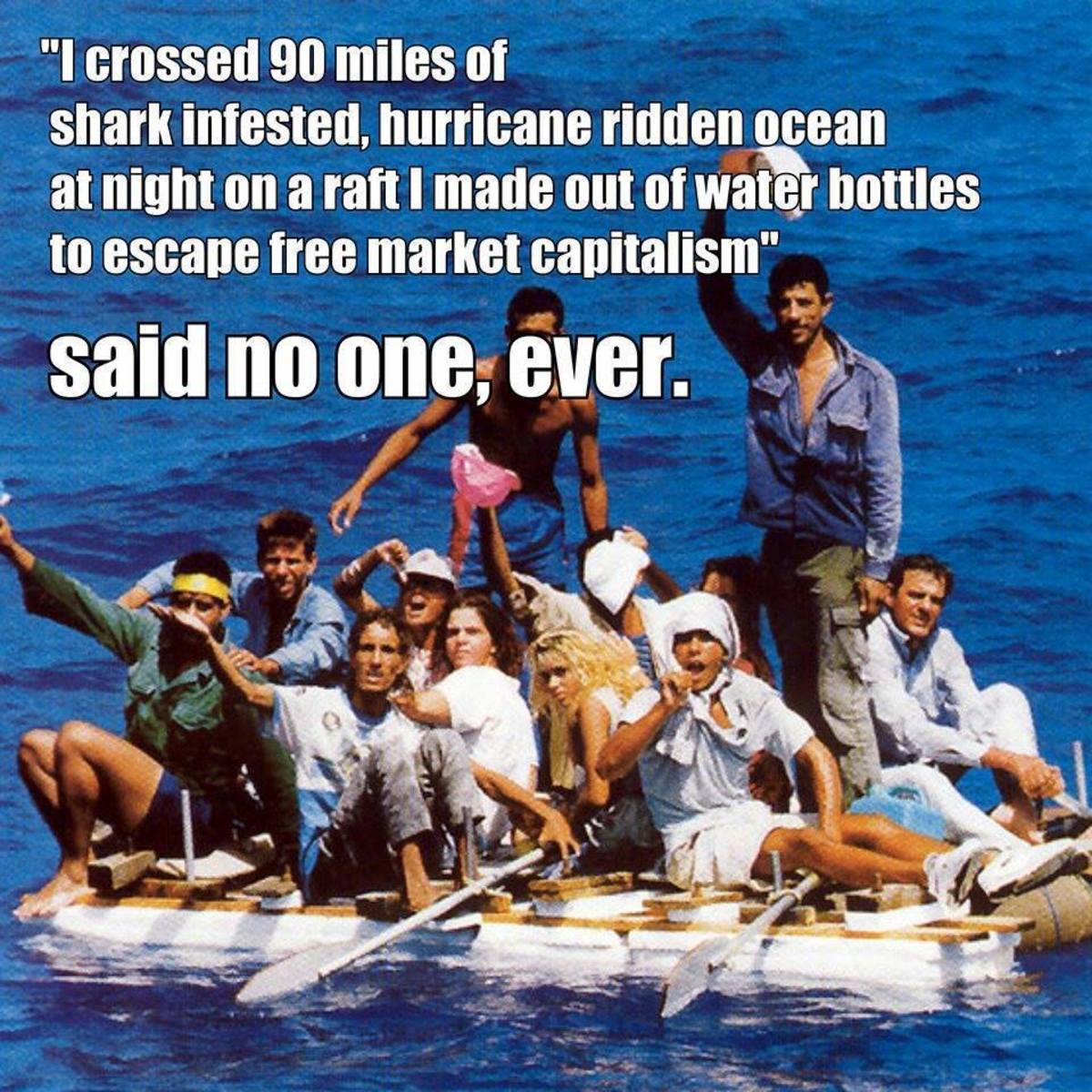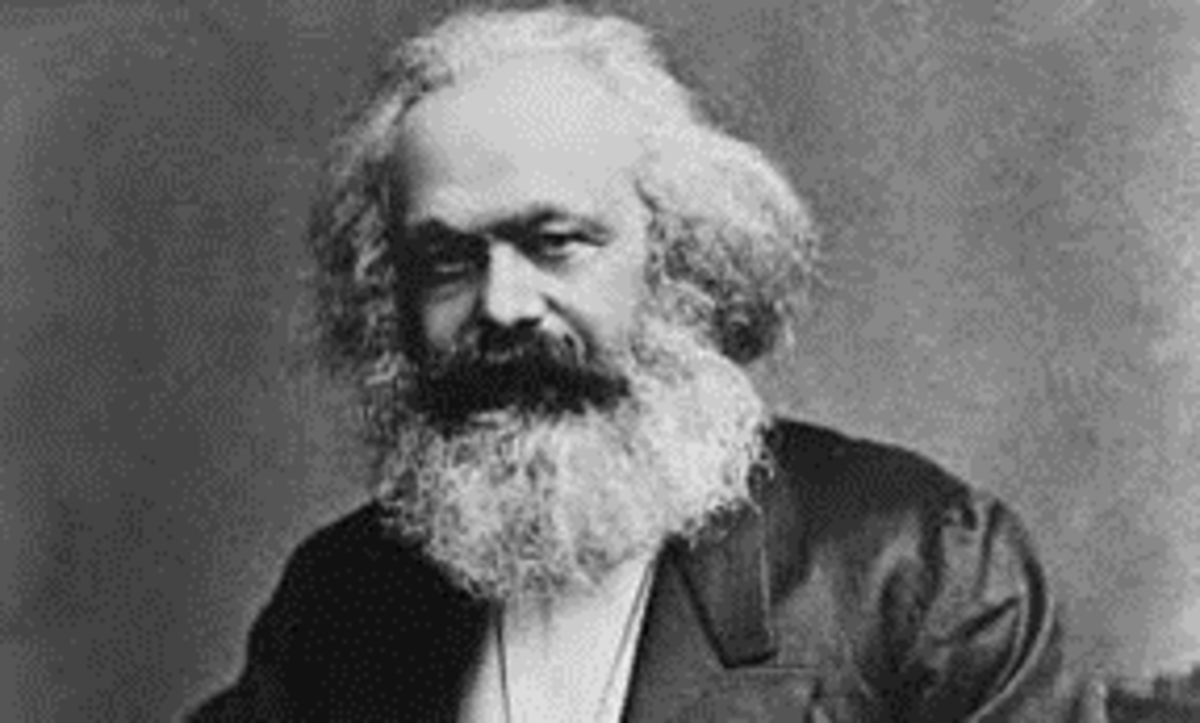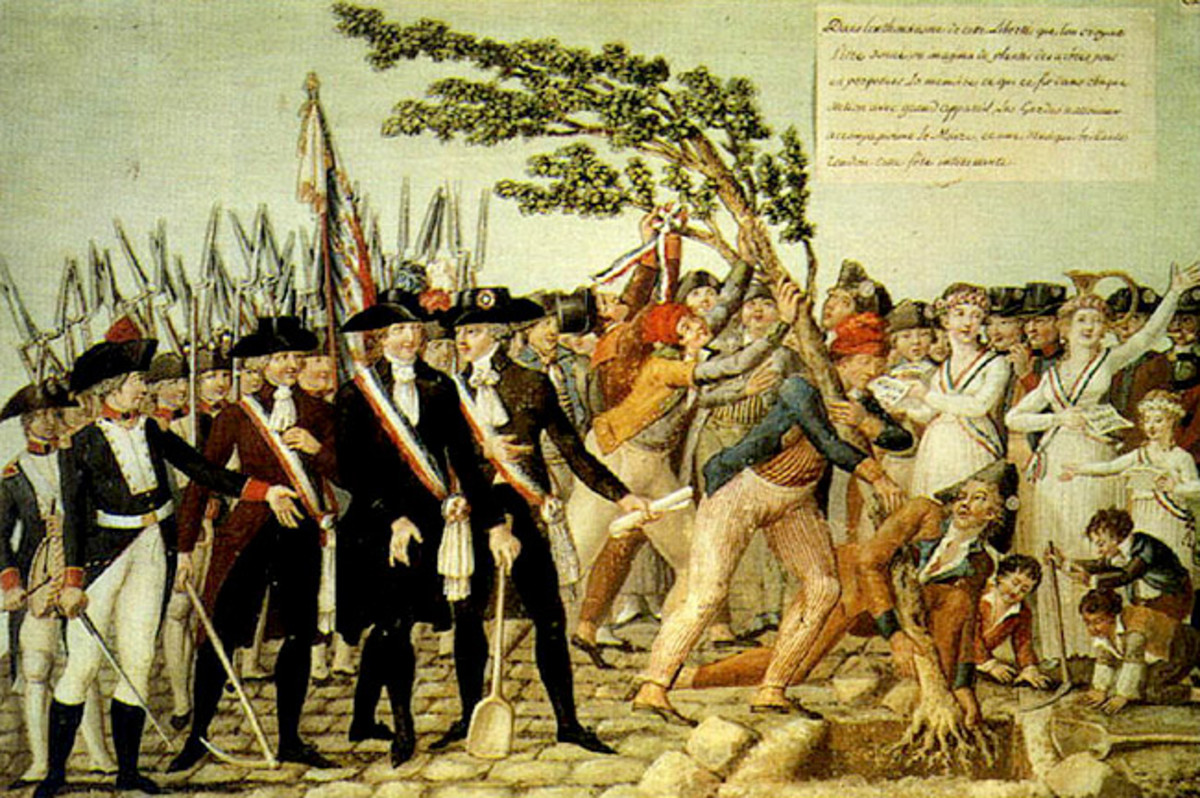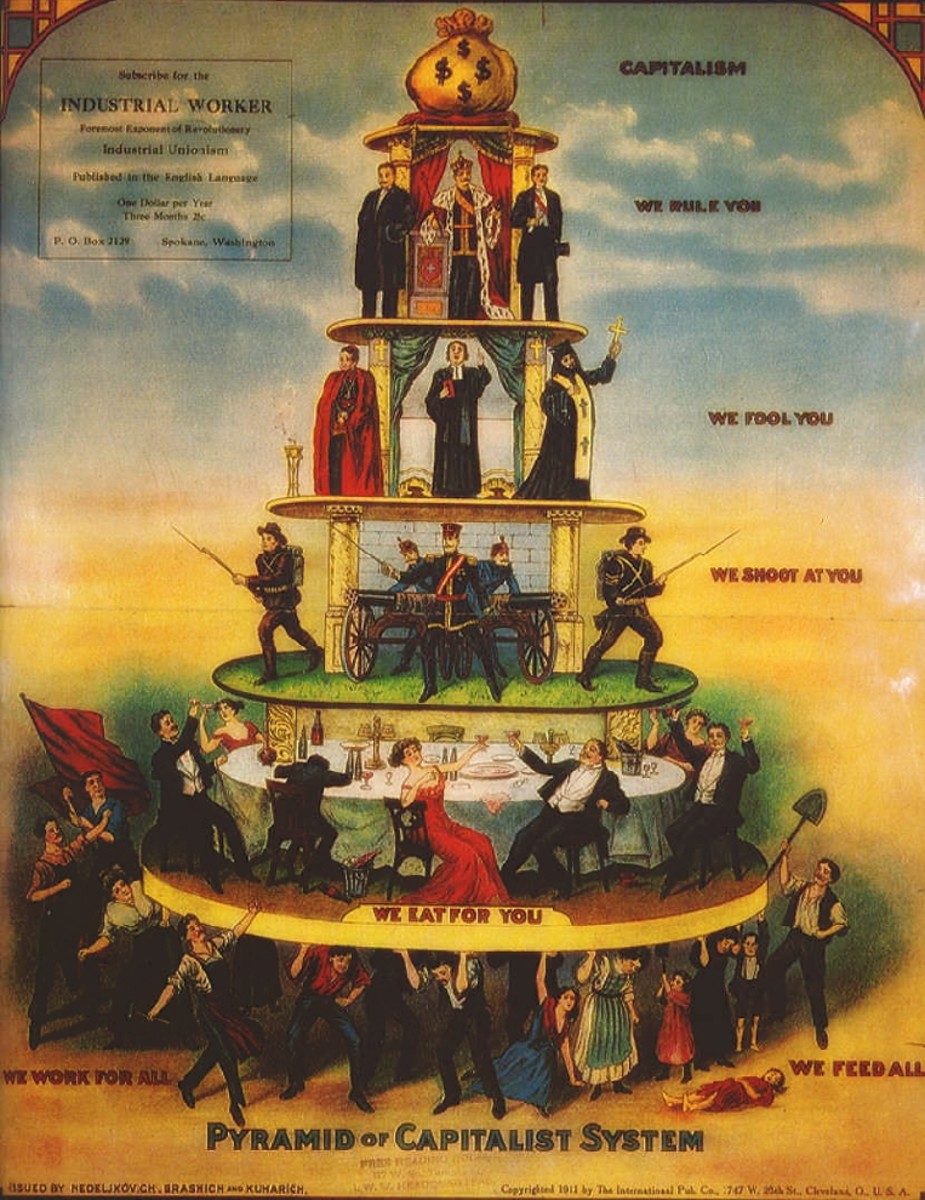Capitalism, Communism, and Socialism: Economic Systems
People Rallying for Capitalism

Winston Churchill (1874 - 1965)
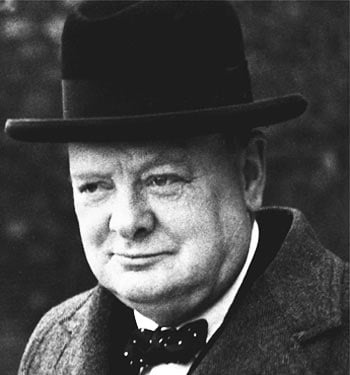
Karl Marx (1818 - 1883)
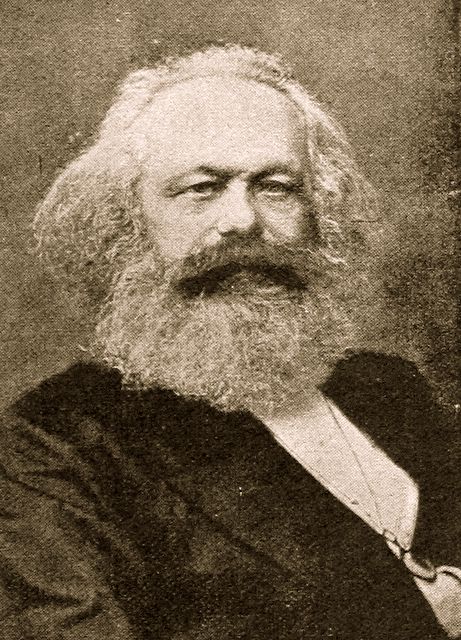
Henri de Saint-Simon (1760 - 1825)
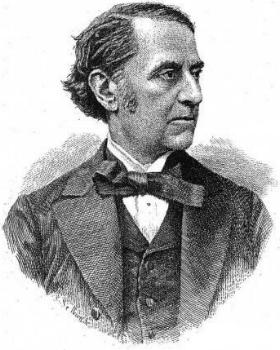
From 2009 through present day while watching Fox News and CNN, I have noticed how the news media purports Socialism as a political system, ignoring the fact that in actuality it is an economic system. I often wonder if the news media is doing the same for the terms Capitalism and Communism. I have caught them using the term Democracy incorrectly; confusing it with a Republic (Plato, Socrates and Aristotle would find this appalling for these ancient political system terms are distinctly different). I further ponder about the accuracy of the information given to us by the news media. In my opinion, the news media needs to have its facts and terminology correct which includes what is an economic system and what is not.
Capitalism, Communism and Socialism are in fact three distinctive unique economic systems. Capitalism as an economic system developed in Europe around the 16th century when feudalism collapsed. This makes Capitalism the eldest between the three economic systems (Capitalism, Communism, and Socialism). Socialism was not even heard of until Henri de Saint-Simon coined the term about 1832 in France. It was Henri de Saint-Simon who first wrote about and introduced the idea of Socialism as an economic theory. After the Russian Revolution, Socialism became a working economic system in the twentieth century by the Union of Soviet Socialist Republics (USSR). Karl Marx is the founder of Communism and was influenced by Henri de Saint-Simon's theory of Socialism. You can see the influence in Karl Marx's book the Communist Manifesto published February 21, 1848. China purported to have a communist form of economy, but the truth is, China had a political system therefore it implemented Socialism. Communism is an economic system without any form of political system (no government). The economic system in a communistic state runs everything.
Webster's Dictionary defines Capitalism as "a form of economic, industrial, and social organization of society involving ownership, control, and direction of production by privately owned business organizations." It promotes privately owned property and institutions. Capitalism enables one to have equal opportunity in the economy. It is an economic system of individual reward where the common man can better his economic and social standing. Why it has been a long standing working form of economic means and distribution, not only in Europe, but in the United States.
Socialism defined by Webster's Dictionary as "an economic system aiming at public or government ownership of means, of production, etc." Socialism is an economic system run publicly via the government, where the government dictates economic policies and there is no private ownership. The people through the government own and operate the economic system. Karl Marx viewed Socialism as the economic system "precursor to Communism" where the government teaches and implements the economic principles that lead a society into Communism. Winston Churchill described Socialism "as inseparably interwoven with totalitarianism and the object worship of the state. It will prescribe for every one where they are to work, what they are to work at, where they may go and what they may say. Socialism is an attack on the right to breathe freely. No socialist system can be established without a political police."
The definition of Communism given in Webster's Dictionary is "the theory of a social-economic system in which everything is held in common, private property being abolished." Karl Marx's model of Communism had the political system (government) "wither away" and the economic-social system be self-sustaining for everything is held in common (by the public). The economic system runs and owns everything. No such thing as an individual owning anything, not even their clothing. Communism is a class free society (in theory). All work for the good of the society and labor at what one does best for community welfare. In other words, instead of doing what you like to do, you are expected to do what you can accomplish best. For example, you love to act on stage, but are not allowed to become an actor because you are better at throwing a football, in Communism you would end up being a Football Player. Ability would outweigh personal preference. All in a communist state are expected to do something for idleness is not good for the society and community. There is no reward system, because the good of society and community outweigh any personal reward or recognition.
Capitalism was never theorized, merely developed around the 16th century due to the failing of Feudalism in Europe. Books were written about Capitalism after it had already become an established working economic system. It was not introduced as a theory, but is an expression of economic evolution. It evolved from Feudalism.
Socialism and Communism were at first theories, regarded as "Utopian" economic models. They did not evolve from any earlier economic system. Socialism has been implemented as a working economic system in the USSR, North Korea and China. Until a government, that has Socialism as its economic system, "withers away" voluntarily Communism will remain a theory and unproven. There is no individualism, political system, religion and form of government in Communism.
Capitalism and Socialism are economic systems that are sustainable with any form or type of government and political system. The USSR had a one party political system in a Republic form of government with Socialism as its economic system. The United States of America has a multi-party political system where 2 parties are in the majority that is set in a Republic form of government. Capitalism is the economic system of the USA. 16th Century Europe primarily had a monarchical form of government and political system with Capitalism as the economic system.
In Socialism and Communism there is no private ownership, no private property. All is owned by the government in Socialism. In Communism all is owned by the public. Profession is chosen by ability. Very few, if any, civil liberties are given in Socialism and Communism.
In Capitalism the individual has private ownership, private property, and economic freedoms not allowed in Socialism or Communism, including the liberty to choose occupation by preference instead of by ability. More civil liberties are given in a Capitalistic economy.
For more information on Capitalism: http://en.wikipedia.org/wiki/Capitalism
For more information pertaining to Communism: http://en.wikipedia.org/wiki/Communism
For more information about Socialism: http://en.wikipedia.org/wiki/Socialism


